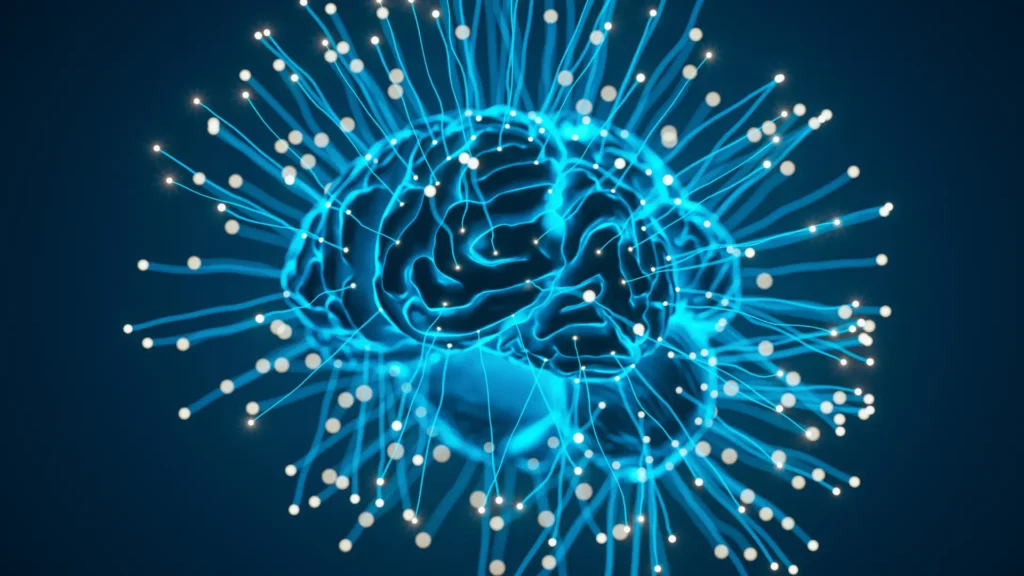Emotional regulation is the set of conscious and unconscious processes used to manage which emotions you have, when you have them, and how you experience and express them. It is not about suppressing feelings, but about skillfully navigating your inner emotional landscape to respond to life’s challenges in a healthy and effective way.
Definition: The Skill of Managing Emotions
In psychology, emotional regulation refers to the ability to monitor, evaluate, and modify your emotional reactions to accomplish your goals. It is a crucial skill for psychological well-being. This process can be automatic (like unconsciously taking a deep breath when stressed) or it can be a conscious, effortful process (like choosing to reframe a negative thought). Healthy emotional regulation involves a wide range of strategies, from changing your focus of attention to modifying a situation, all aimed at influencing your emotional state in a way that is adaptive and helpful.
The Neurobiology of Emotional Regulation
The ability to regulate emotions is a dynamic interplay between the primal, emotional parts of your brain and the more evolved, rational parts.
Amygdala: The Brain’s Alarm System
Located deep in the brain’s temporal lobe, the amygdala is part of the limbic system and acts as your emotional alarm. It is constantly scanning for potential threats in the environment. When it perceives a threat, it triggers a rapid, automatic “fight-or-flight” response, flooding your body with stress hormones before your conscious mind has even had a chance to process the situation.
Prefrontal Cortex: The Executive Manager
The prefrontal cortex (PFC), located at the very front of the brain, is your executive control center. It is responsible for rational thinking, planning, decision-making, and moderating social behavior. The PFC has the ability to “talk down” or override the amygdala’s alarm signal. Effective emotional regulation is the result of a strong and efficient communication pathway between the PFC and the amygdala, allowing your rational mind to assess a situation and decide whether the emotional alarm is justified.
Emotional Regulation vs. Self-Regulation
The terms “emotional regulation” and “self-regulation” are often used interchangeably, but they have a distinct relationship.
- Self-Regulation is the broad, overarching ability to manage your thoughts, behaviors, and emotions to pursue long-term goals. It includes things like impulse control, attentional control, and delaying gratification.
- Emotional Regulation is a specific and critical component of self-regulation. It is the part of self-regulation that deals exclusively with managing your emotional experiences and expressions. You cannot have effective self-regulation without having effective emotional regulation.
Why Is Emotional Self-Regulation Important
The ability to successfully manage your emotions is a cornerstone of a healthy and successful life. It is important for many reasons, including:
- Mental Health: Poor emotional regulation, or emotional dysregulation, is the main feature of many mental health conditions, including anxiety disorders, depression, and borderline personality disorder. Learning to regulate emotions is a primary goal of many forms of psychotherapy.
- Relationships: The ability to manage your emotional reactions prevents you from saying or doing things in the heat of the moment that can damage relationships. It fosters better communication and empathy.
- Goal Attainment: Achieving long-term goals requires the ability to tolerate frustration, persist through setbacks, and manage the stress that comes with ambition. Without emotional regulation, momentary feelings of discouragement can easily derail your efforts.



